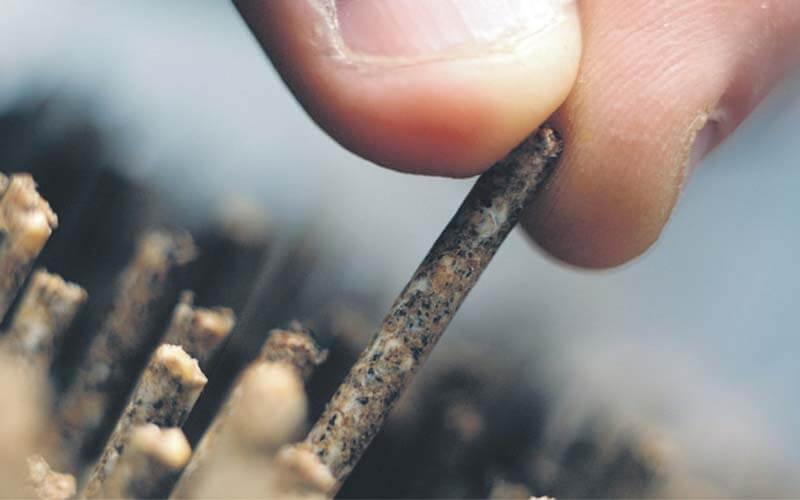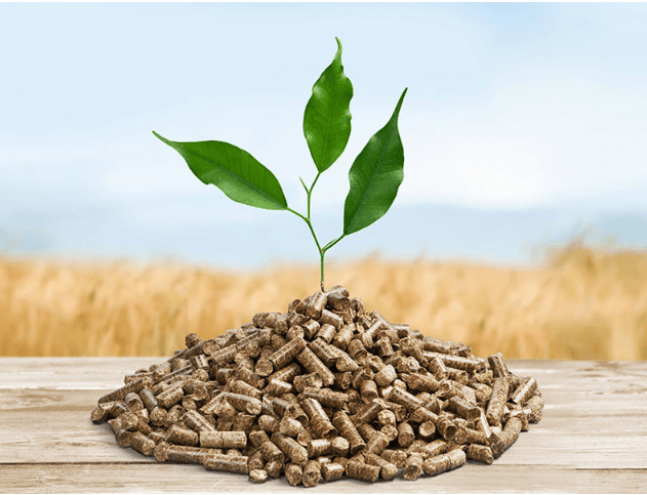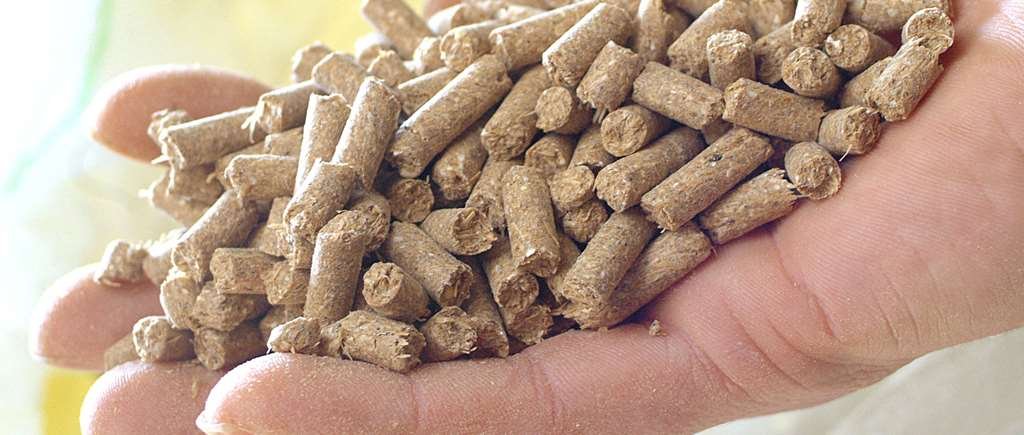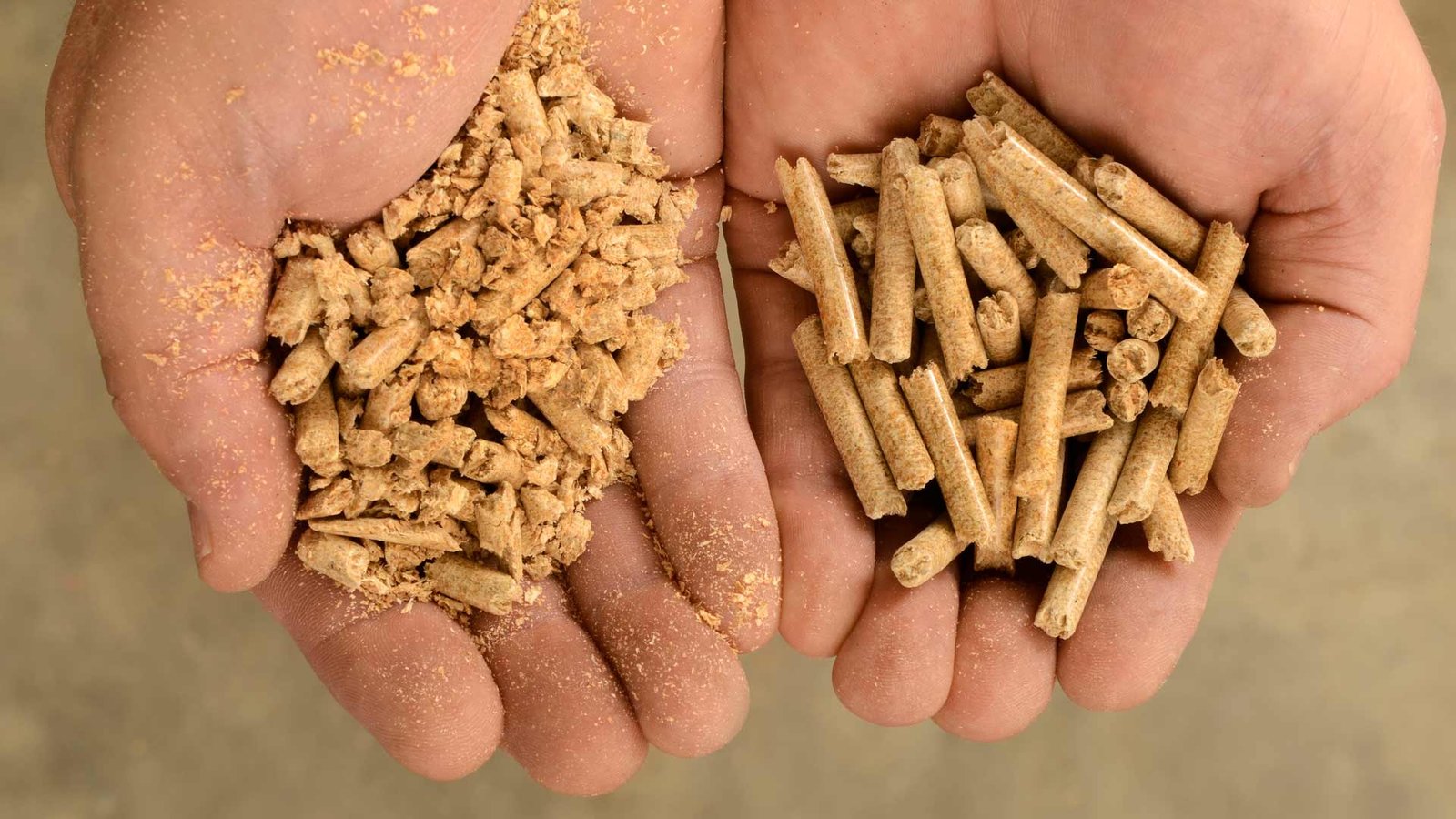Pellet durability is crucial for ensuring efficient handling, transportation, and utilization in various industries, requiring consistent quality and resistance to breakage.
The Secret to Fuel Efficiency: Why Pellet Durability Matters More Than You Think
In today’s world, the need for sustainable and efficient energy use has become increasingly important. With the growing concerns about climate change and the need to reduce carbon emissions, finding ways to improve fuel efficiency has become a top priority.
Fuel efficiency refers to the ability of a fuel to produce energy with minimal waste or loss. By maximizing fuel efficiency, we can reduce our reliance on fossil fuels, decrease greenhouse gas emissions, and mitigate the impacts of climate change.
The Role of Pellet Durability in Fuel Efficiency
One key factor that plays a crucial role in fuel efficiency is pellet durability. Pellets are a type of fuel made from compressed biomass materials such as wood, agricultural residues, or even waste products. These pellets are used in various applications, including residential heating, power generation, and industrial processes. The durability of these pellets is essential because it affects their combustion efficiency and emissions.
When pellets are burned, their durability determines how well they break down and release energy. If the pellets are not durable enough, they may crumble or disintegrate during combustion, leading to incomplete combustion and wasted energy. This inefficiency not only reduces the amount of heat produced but also increases emissions of pollutants such as carbon monoxide and particulate matter.
What are Pellets and How are They Made?
Pellets are small cylindrical or spherical pieces of compressed biomass material. They are typically made from wood chips, sawdust, or other agricultural residues. The process of pellet production involves several steps.
First, the raw materials are collected and processed to remove impurities such as dirt or rocks. Then, they are dried to reduce moisture content. Proper moisture content is crucial for pellet production because excessive moisture can lead to poor pellet quality and decreased durability.
After drying, the materials are ground into a fine powder or sawdust. This step increases the surface area of the material, making it easier to compress into pellets. The powdered material is then fed into a pellet mill, where it is compressed under high pressure and temperature. The heat generated during this process helps to bind the particles together, forming solid pellets.
Factors Affecting Pellet Durability: Moisture Content, Temperature, and Pressure
Several factors can affect the durability of pellets, including moisture content, temperature, and pressure. These factors play a crucial role in determining the quality and efficiency of the pellets.
Proper moisture content is essential for pellet production. If the raw materials have too much moisture, it can lead to poor pellet quality and decreased durability. Excessive moisture can cause the pellets to become soft and crumbly, making them prone to breakage during handling and combustion. On the other hand, if the materials are too dry, it can be challenging to form solid pellets, resulting in low durability.
Temperature and pressure also play a significant role in pellet production. The heat generated during the compression process helps to soften the lignin in the biomass material, allowing it to bind together and form solid pellets. The pressure applied during compression also contributes to the durability of the pellets. Higher pressures result in denser pellets with increased durability.
How Pellet Durability Affects Combustion Efficiency
The durability of pellets has a direct impact on combustion efficiency. When pellets are burned, their durability determines how well they break down and release energy. If the pellets are not durable enough, they may crumble or disintegrate during combustion, leading to incomplete combustion and wasted energy.
Incomplete combustion occurs when not all of the fuel is burned completely, resulting in lower heat output and increased emissions. This inefficiency not only reduces the amount of heat produced but also increases emissions of pollutants such as carbon monoxide and particulate matter.
On the other hand, using durable pellets ensures that they can withstand the high temperatures and pressures of combustion without breaking down. This allows for more complete combustion, maximizing the energy output and reducing emissions. Durable pellets also produce less ash, which further improves combustion efficiency.
The Impact of Pellet Durability on Emissions and Air Quality
The durability of pellets also has a significant impact on emissions and air quality. When pellets are burned, they release various pollutants into the air, including carbon monoxide, nitrogen oxides, sulfur dioxide, and particulate matter.
Using durable pellets can help reduce these emissions by promoting more complete combustion. When pellets are durable, they can withstand the high temperatures and pressures of combustion without breaking down. This allows for more efficient burning and reduces the release of pollutants.
In addition to reducing emissions, using durable pellets can also improve air quality. When pellets are burned efficiently, there is less smoke and particulate matter released into the air. This is especially important for residential heating applications, where poor air quality can have significant health impacts on individuals living in close proximity to the source of combustion.
The Relationship Between Pellet Durability and Ash Production
Another important aspect of pellet durability is its impact on ash production. When pellets are burned, they leave behind a residue known as ash. The amount of ash produced during combustion depends on several factors, including the durability of the pellets.
Durable pellets tend to produce less ash compared to less durable ones. This is because durable pellets can withstand the high temperatures and pressures of combustion without breaking down or disintegrating. As a result, more of the fuel is burned completely, leaving behind less unburned material that contributes to ash production.
Reducing ash production is beneficial for several reasons. First, it reduces the need for frequent cleaning and maintenance of combustion systems. Excessive ash buildup can lead to decreased efficiency and increased operating costs. Second, it reduces the disposal costs associated with ash removal. Finally, it improves air quality by reducing the release of particulate matter into the atmosphere.
Pellet Durability and Storage: How to Maintain Quality and Efficiency
Proper storage is essential to maintain the durability, quality, and efficiency of pellets. When pellets are exposed to moisture, they can absorb water and become soft and crumbly. This reduces their durability and increases the risk of breakage during handling and combustion.
To maintain pellet durability, it is important to store them in a dry and well-ventilated area. Pellets should be stored in airtight containers or bags to prevent moisture absorption. It is also important to keep the storage area clean and free from dust or debris that can contaminate the pellets.
In addition to moisture, temperature fluctuations can also affect pellet durability. Extreme heat or cold can cause the pellets to expand or contract, leading to cracking or breakage. Therefore, it is important to store pellets in a temperature-controlled environment to minimize these fluctuations.
Pellet Durability and Cost: The Economic Benefits of Efficient Fuel
Using durable pellets can result in significant cost savings over time. When pellets are more durable, they burn more efficiently, maximizing the energy output. This means that less fuel is required to produce the same amount of heat or power, resulting in lower fuel costs.
In addition to fuel savings, using durable pellets can also reduce maintenance and operating costs. Durable pellets produce less ash, reducing the need for frequent cleaning and maintenance of combustion systems. This can result in lower maintenance costs and increased system reliability.
Furthermore, using durable pellets can also have long-term economic benefits. By reducing carbon emissions and improving air quality, we can avoid the costs associated with environmental damage and health impacts. This includes costs related to healthcare, infrastructure damage, and climate change mitigation.
The Future of Pellet Durability: Innovations and Advancements in Technology
The field of pellet production is constantly evolving, with ongoing research and development focused on improving pellet durability. Researchers and engineers are exploring new technologies and techniques to enhance the quality and efficiency of pellets.
One area of innovation is the development of new binders or additives that can improve pellet durability. These binders help to strengthen the pellets and increase their resistance to breakage during handling and combustion. Researchers are also investigating the use of alternative raw materials or processing methods to improve pellet quality.
Advancements in pellet production technology are also contributing to improved durability. New pellet mills and equipment are being developed to increase the efficiency and effectiveness of the compression process. These advancements allow for better control over temperature, pressure, and other factors that affect pellet durability.
Pellet Durability as the Key to Sustainable and Efficient Energy Use
In conclusion, pellet durability plays a crucial role in sustainable and efficient energy use. By using durable pellets, we can maximize fuel efficiency, reduce carbon emissions, and combat climate change. The durability of pellets affects their combustion efficiency, emissions, ash production, and storage requirements.
Proper moisture content, temperature, and pressure are essential for producing durable pellets. By maintaining these factors during the pellet production process, we can ensure high-quality pellets with increased durability. Proper storage is also crucial to maintain pellet durability and efficiency.
Investing in durable pellets not only has environmental benefits but also economic advantages. Using efficient fuel can result in significant cost savings over time, including fuel costs, maintenance costs, and environmental costs.
As technology continues to advance, we can expect further improvements in pellet durability and efficiency. Ongoing research and development will contribute to the development of new technologies and techniques that enhance pellet quality and performance.
In conclusion, using durable pellets is essential for sustainable and efficient energy use. By maximizing fuel efficiency and reducing emissions, we can create a cleaner and healthier environment for future generations.
Originally posted 2024-04-01 13:47:39.




